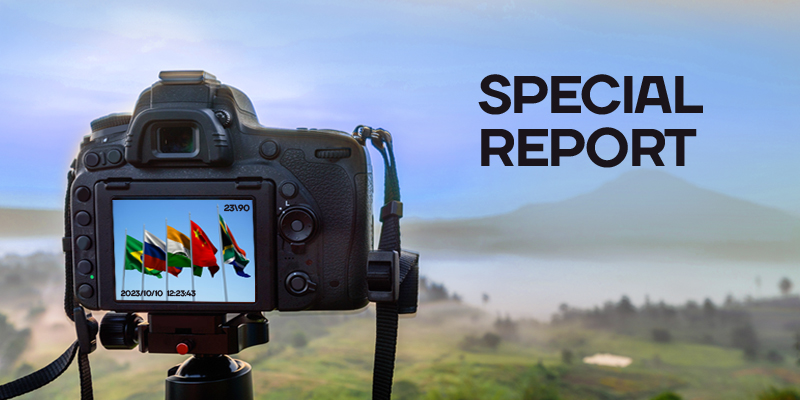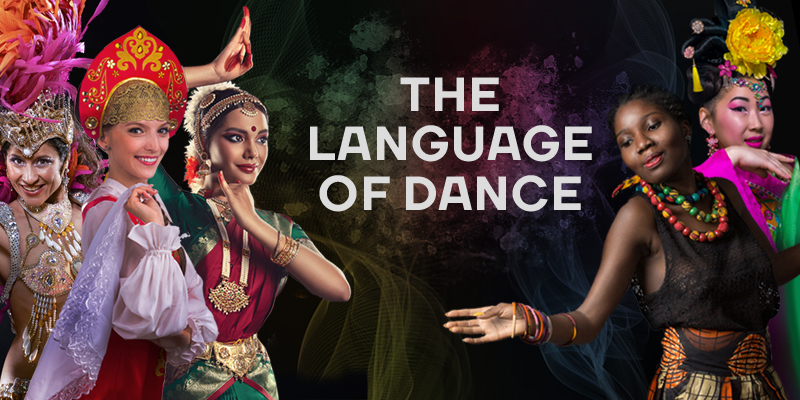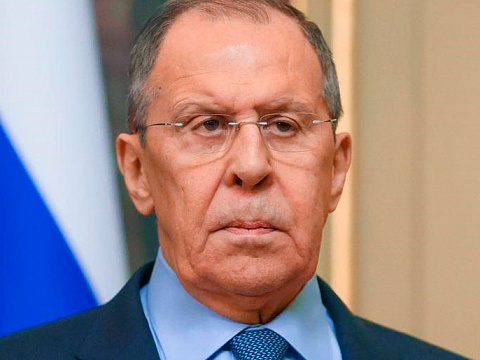Russian and Indian students compare traditions of Maslenitsa and Holi festivals during TV BRICS teleconference
For the third time TV BRICS and the international outreach project "Modern Russian" held a teleconference with the Centre of Russian Studies of Jawaharlal Nehru University in New Delhi. The conference was dedicated to Maslenitsa and allowed to find common ground in the Russian holiday of seeing off winter and Indian customs of welcoming spring.
The topic of the first teleconference with the Centre was vocabulary related to the multicultural symbol of the hand. At the second, students told each other about the traditions of Russian and Indian hospitality.
The third teleconference was hosted by Tamara Skok, head of the Modern Russian project, and Alexandra Burman, head of international projects at TV BRICS.
"The event was preceded by very serious preparation. We had to choose an interesting topic, collect relevant linguo-country studies material, prepare interactive tasks, organise vocabulary work, find and edit videos. During the meeting we tried to organise lively communication, encouraged the Indian students to talk more, answer questions, practice pronunciation. We had to make the Russian grammar exercises look like a game and not cause stress. I think, judging by the reactions of Indian colleagues and students, we have fulfilled our task," said Tamara Skok.
Bachelor's and Master's students of the Centre of Russian Studies at Jawaharlal Nehru University prepared creative performances in Russian for practice purposes. They recited several poems, sang a song, and spoke about the traditions of welcoming spring in India. Master students of the Pushkin State Russian Language Institute under the guidance of Olga Khaleeva, Candidate of Pedagogical Sciences, Associate Professor, Head of the Department of Teaching Methods, also joined the conference.
In total, more than forty undergraduate and postgraduate students took part in the event. Comparing Holi and Maslenitsa, they came to the conclusion that the holidays and moral and cultural values of the two peoples are similar.
Professor Richa Sawant, Head of the Centre of Russian Studies, in her speech noted the keen interest of students and teachers of the university in holding such video meetings.
"The topic announced this year has aroused great interest among our students. We listened to you, trying not to miss a single word. Thank you for the wonderful video lesson!" she thanked the organisers.
"Today's Teleconference on the topic "Maslenitsa. Seeing off the Russian winter" served as a unique platform for exchange of cultural and spiritual values between India and Russia. Its programme was packed with informative presentations on the Russian folk festival Maslenitsa and the Indian festival of Holi, interactive games, poetry recitation and song singing. In the cultures of India and Russia both holidays symbolise the end of winter and the beginning of spring. It seems to me that such events bring us closer together, strengthen mutual understanding and friendship between us. We express our deep gratitude to our colleagues from TV BRICS and the Pushkin State Russian Language Institute for their assistance in organising this event," said Meenu Bhatnagar, Associate Professor at the Centre of Russian Studies, Jawaharlal Nehru University.
TV BRICS is promoting Russian as a foreign language among leading universities of BRICS countries. In 2022, students of Russian language courses at the Federal University of Fluminense of Rio de Janeiro State met the TV BRICS editorial team and were able to ask questions about the work of the International Media Network in Brazil and the BRICS space. In 2019, a teleconference "Three Cities in the Creative Destiny of Fyodor Dostoevsky" was organised for this university.
The international outreach project "Modern Russian" and TV BRICS maintain a long-term relationship with the Centre of Russian Studies of Jawaharlal Nehru University, based in New Delhi. In 2022, a video lesson entitled "Let's Hold Hands, Friends!" was organised, and in 2023, a teleconference entitled "Russian hospitality: Soulful and Tasty" was held. Last year, the TV BRICS lecture "Peculiarities and Identity of Russian Regions" was held in New Delhi in a face-to-face format, which was attended by bachelors, masters and postgraduate students of the Department of Russian Studies.
The international project "Modern Russian" was established in 2007. It is designed to raise the level of speech culture of the population of 638 cities, of which 366 are constituent entities of the Russian Federation and 272 are near and far abroad.
Photo: TV BRICS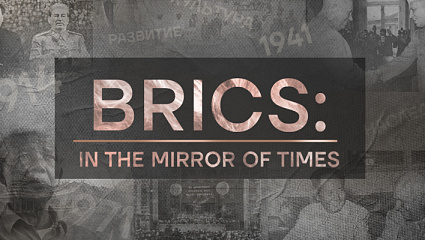
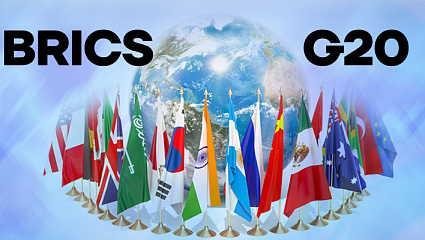

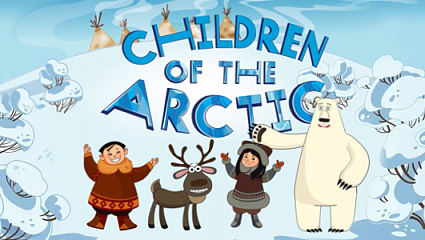
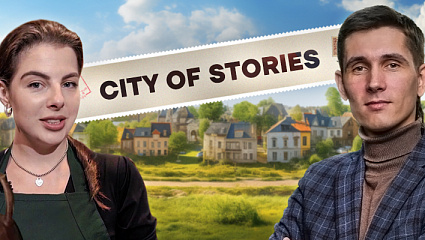


 DIGITAL WORLD
DIGITAL WORLD









